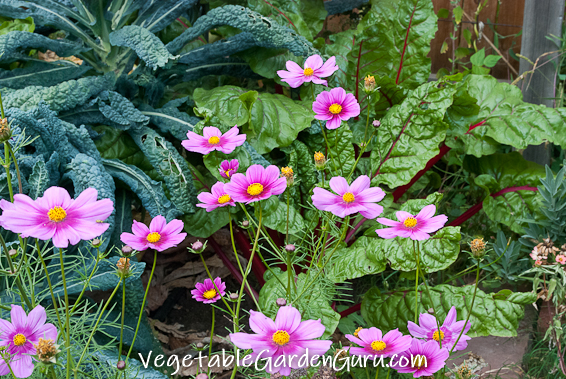| Back to Back Issues Page |
 |
|
Under the Arbor Issue 31 August 21, 2022 |
In This Issue:~ You Don't Know What You're Missing ~Rampant Micronutrient Deficiency in FoodGrocery store food ain't what it used to be.Even if you avoid all the processed stuff and eat only whole, organically-grown foods -- storebought food now contains a fraction of the nutrients that it used to (Ref 1). There are three main reasons for this decline: 1) Minerals are taken up from the soil by growing plants (with the help of their symbiotic microbial allies), which are then harvested and shipped away to market, over and over. Of course farmers apply "fertilizer", but this is focused mainly on nitrogen, potassium and phosphorus, not on broad-spectrum micronutrients. Farmers are forced by the bottom line to focus on yield, not nutritional content. And it takes a lot more mineral input to reach maximum nutrition than it does maximum yield, with no added financial benefit to the farmer. 2) New hybridized high-yield varieties dilute the available minerals across a greater biomass. 3) Tilling and/or plowing severely damages the symbiotic soil ecosystem, which makes it much harder for plants to retrieve minerals from the soil. As a result our soil, and therefore our food, has become more and more depleted of necessary trace minerals over the last 50-100 years, which is slowly but inexorably making us sick.. 
Vibrant Kale, Chard and Cosmos Getting All Their Micronutrients
What Are Micronutrients and Why Do We Need Them?Micronutrients are sometimes defined as essential vitamins and minerals, but it can also refer to the elements that are needed, either by themselves or as components of vitamins and mineral complexes. Plant bodies, animal bodies, and human bodies are built and powered by elements, in different combinations. While a definitive chart of essential elements needed by the human body is elusive, I've seen reports that vary between 30 and 56 elements.I've encouraged folks before to glance at the
Roche Metabolic Pathways Chart.
Each of those cycles requires some specific micronutrient inputs, and if one or more of those inputs is chronically missing or deficient, the cycle will "misfire" and its important work won't get done. Bruce Ames, PhD, professor emeritus of Biochemistry at UC Berkeley, developed a "Triage Theory" to explain how the body allocates minerals to different parts of the body when certain minerals become scarce: (paraphrased) "When cells run out of a vitamin or mineral, that scarce micronutrient will be allotted to the proteins in the body that are essential for short-term survival. The proteins that are needed for long-term health - including those that protect DNA - lose out and become disabled, which leads to disease..." (Ref 2) Makes perfect sense, doesn't it? The skyrocketing rates of the so-called "diseases of civilization" - cancer, diabetes, neurodegenerative diseases, autoimmune disorders, etc. - can be correlated with (albeit among other things) mineral deficiencies. For a compelling and terrifically-inspiring book on the power of full, deep nutrition to reverse illness, read The Wahls Protocol by Terry Wahls, MD. Her late-stage multiple sclerosis was reversed almost entirely ("Impossible!", said her colleagues) by packing her body full of micronutrients contained in brightly-colored vegetables and naturally-raised animal foods. Growing Nutrition in Your Vegetable GardenImproving the nutrient-density of your food is one of the best reasons to grow a vegetable garden, if you pay attention to keeping your soil's mineral profile in balance and nurturing your soil microbes.Since this is just a newsletter and the details of soil health are a bit of a longer conversation, here are links to the relevant website articles: How to Make Custom Organic Fertilizer
In the meantime, use kelp meal, or Azomite ("A to Z of Minerals", usually volcanic ash) on your garden, make and use microbial teas (aka "Actively Aerated Compost Tea"), and sprinkle North Atlantic kelp powder on your food. Kelp has wonderfully broad nutrient profile containing essential vitamins, minerals and trace elements.
(2) Rhonda Patrick, PhD on her website Found My Fitness
https://www.foundmyfitness.com/episodes/bruce-ames
DedicationVegetable Garden Guru is dedicated to the renewal of regenerative, sustainable, organic vegetable gardening around the world. May we become gardeners of healthful, nutrient-dense food, careful stewards of soil, and may the plants we tend remind us to always keep growing toward the Light.
|
| Back to Back Issues Page |
